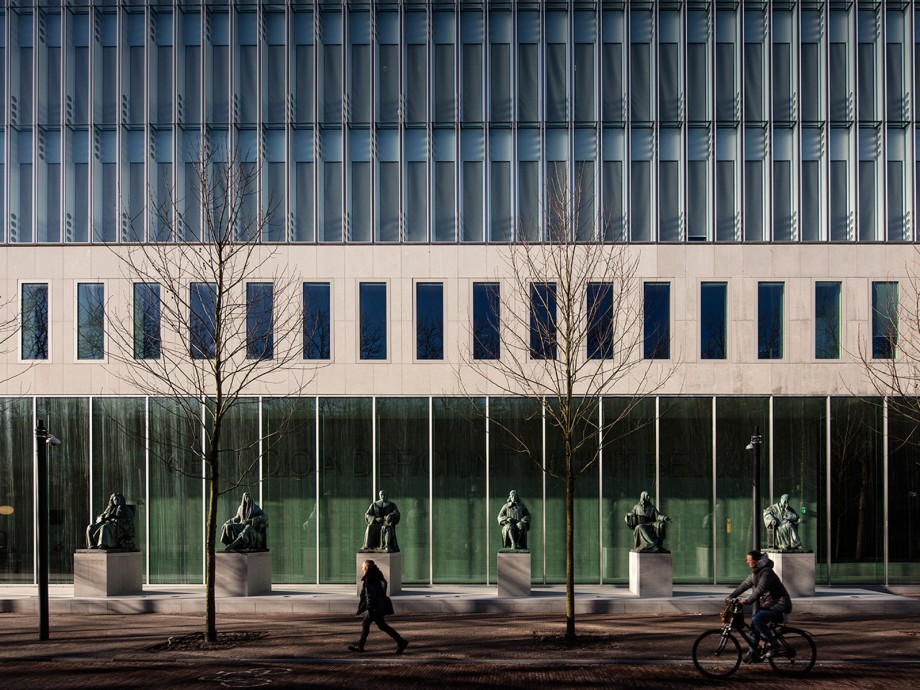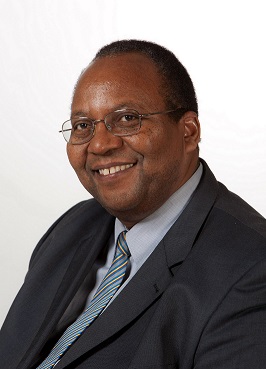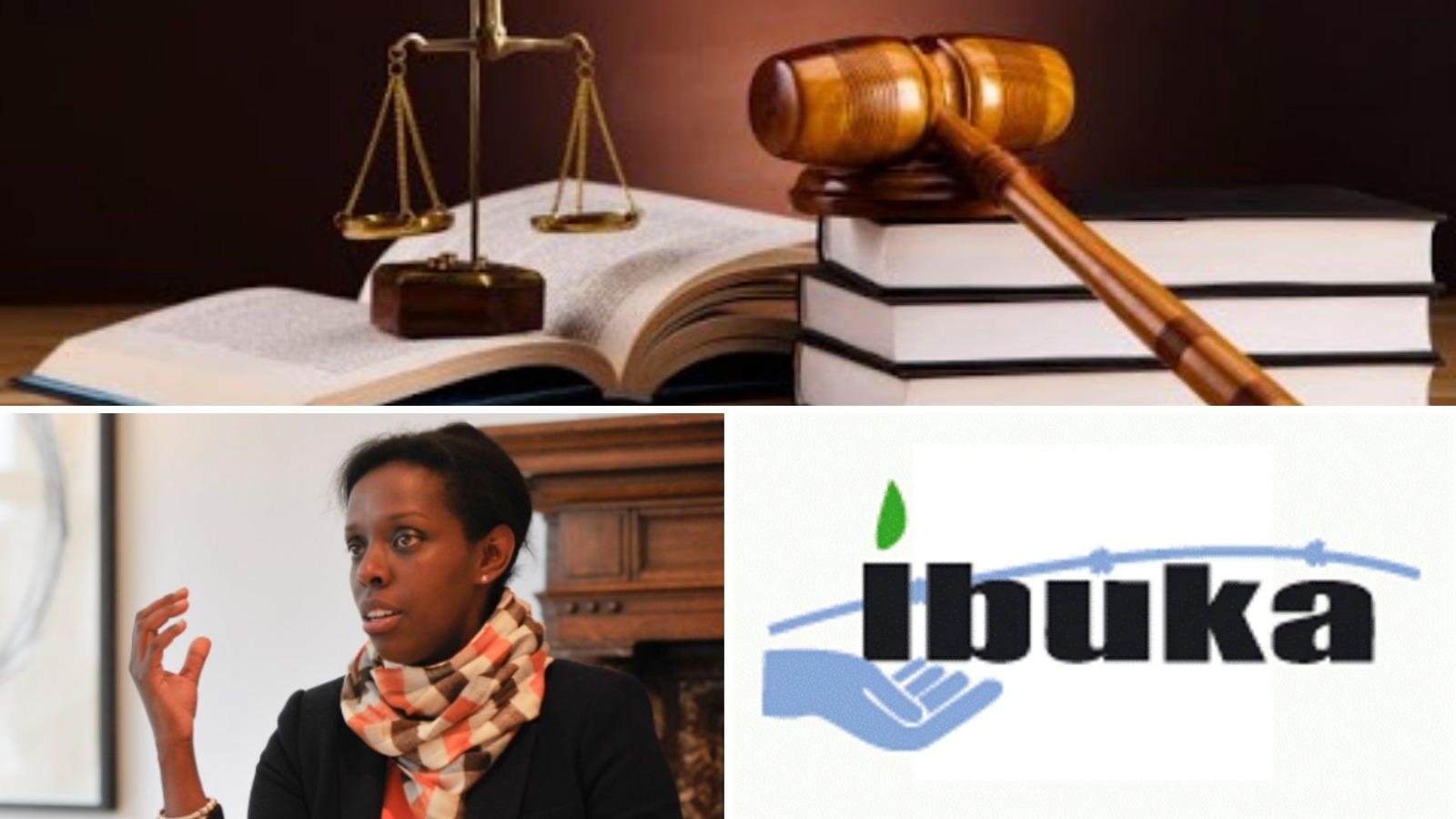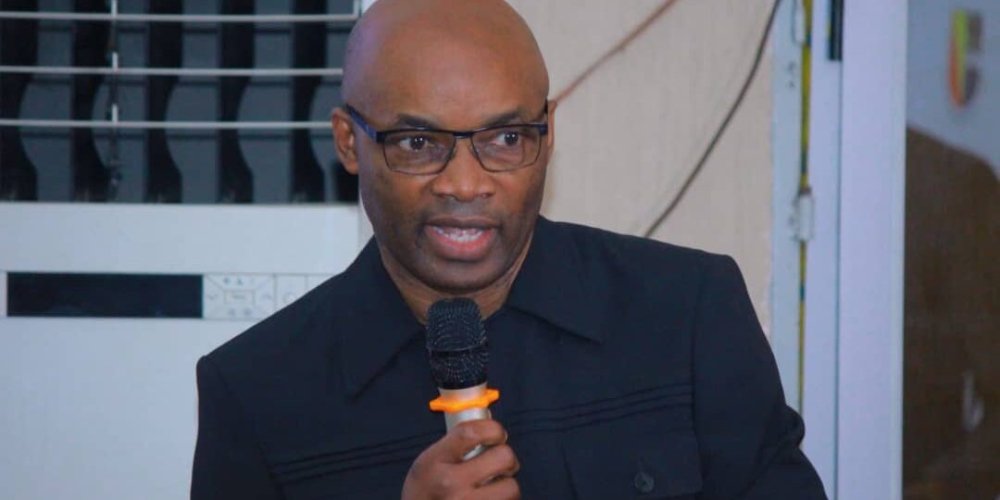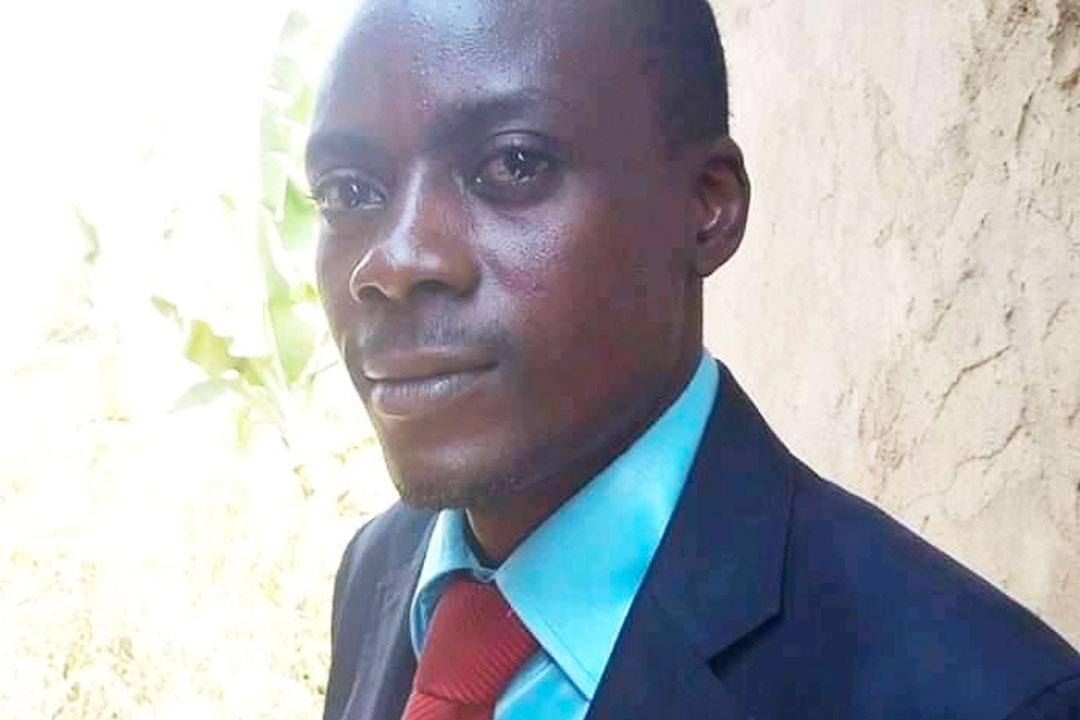On 27 November 2015, the Dutch Supreme Court in The Hague ruled against extraditing Jean-Baptiste Mugimba and Jean-Claude Iyamuremye to Rwanda affirming their right to a fair trial could not be guaranteed.
The decision of the court was based on the Additional Expert Report by former Dutch Public Prosecutor Martin Witteveen that was published in June this year in which the author concludes that there is a lack of legal defence for suspects in Rwanda. According to the report, defence attorneys in Rwanda are either absent or, when present, their performance is insufficient and/or underqualified. Therefore the author concludes that, under the current circumstances in which legal assistance has yet to be implemented in Rwanda, suspects cannot be guaranteed fair trials.
Judges said the report provides ‘’a legitimate reason to assume that extradition to Rwanda will lead to a flagrant violation of article 6 EVRM that comprises the right to legal aid and the opportunity to receive sufficient legal assistance in practice’’. As such, the verdict rules that extradition to Rwanda is forbidden unless the State adequately removes the concerns mentioned by Witteveen in the report.
The report
Witteveen provides advice on transfer genocide cases as an advisor on international crimes to the National Public Prosecution Authority (NPPA) in Rwanda, particularly for the Genocide Fugitive Tracking Unit (GFTU) that is in charge of identifying the whereabouts of genocide suspects who have settled abroad and facilitating their extradition to Rwanda. For the report, Witteveen conducted interviews with staff members from various organisations including defence attorneys, reviewed documents and attended a number of court proceedings in five transfer cases in Rwanda.
Regarding the position of the defence in transfer cases, he writes: ‘’I have a deep concern on the status and quality of the defence attorneys acting for their clients in the genocide transfer cases. In the cases I witnessed, none of the defence attorneys performed at a level that meets any international standard. In summary: in some cases there is currently no defence, either officially or materially, in other cases the defence attorneys act or acted substandard and even irresponsible’’.
Furthermore, Witteveen recommends ‘’the jurisdictions that extradite or transfer defendants to Rwanda for trial, to provide the defendant with a defence attorney who has proven to be capable’’. However, judges rejected this option while pointing out that even in cases monitored by Witteveen himself where suspects were appointed a seemingly capable foreign defence attorney, it did not change the author’s conclusions on the weaknesses of the defence.
The suspects
Mugimba, who has lived in the Netherlands for nearly 15 years, is said to have been a political leader in the Coalition for the Defence of the Republic (CDR), a party accused of planning and executing the genocide against the Tutsi in 1994. He faces charges of holding meetings on genocide planning and drafting killing lists of Tutsis. He was arrested on January 23, 2014.
Iyamuremye was arrested in October 2013 and is suspected of Genocide, War Crimes, Crimes against Humanity and Torture. He is accused to have been a leader of a local Interahamwe militia-group in April 1994 in Kigali and the surroundings of Nyanza where he allegdly participated in the killings of Tutsis at the Ecole Technique Officielle (ETO).
Earlier verdicts for both suspects had approved their extraditions back to Rwanda. On July 11, 2014, The Hague District Court said Mugimba could be sent back to Kigali. Similarly, in 2013, the Hague Court of First Instance ruled in favour of extraditing Jean-Claude Iyamuremye after Rwandan Authorities had requested his extradition. During the trials, both men already expressed their concerns of being deprived of a fair trial in Rwanda. Moreover, Iyamuremye stated that he was being prosecuted for political motives. However, judges then found no grounds that their rights would be violated once they returned. Particularly in the case of Iyamuremye, after granting the extradition-request, the court advised the Dutch Minister of Security and Justice to observe his trial and guarantee his right to be represented by a foreign attorney.
In the new verdict however, while relying heavily on the ‘’alarming conclusions’’ of Witteveen’s report, the Supreme Court also stated that the judge that had approved the suspects’ extradition could not have taken the report into account because it was not yet published at the time the judgment was issued.
Relief
Mugimba’s son told Jambonews that his family is relieved at the judge’s verdict. ‘’I am very happy with the verdict (…) It shows that there are a lot of things wrong in Rwanda. We have been saying this all this time but the Dutch government would claim that it is not true. So in short we are glad with this outcome. However, it is a pity that the case was not treated substantively so that my father’s name could be cleared’’, he said. The Dutch Public Prosecutor has four weeks to appeal the verdict. If the appeal is denied, both suspects will be trialled in The Netherlands.
Jane Nishimwe

